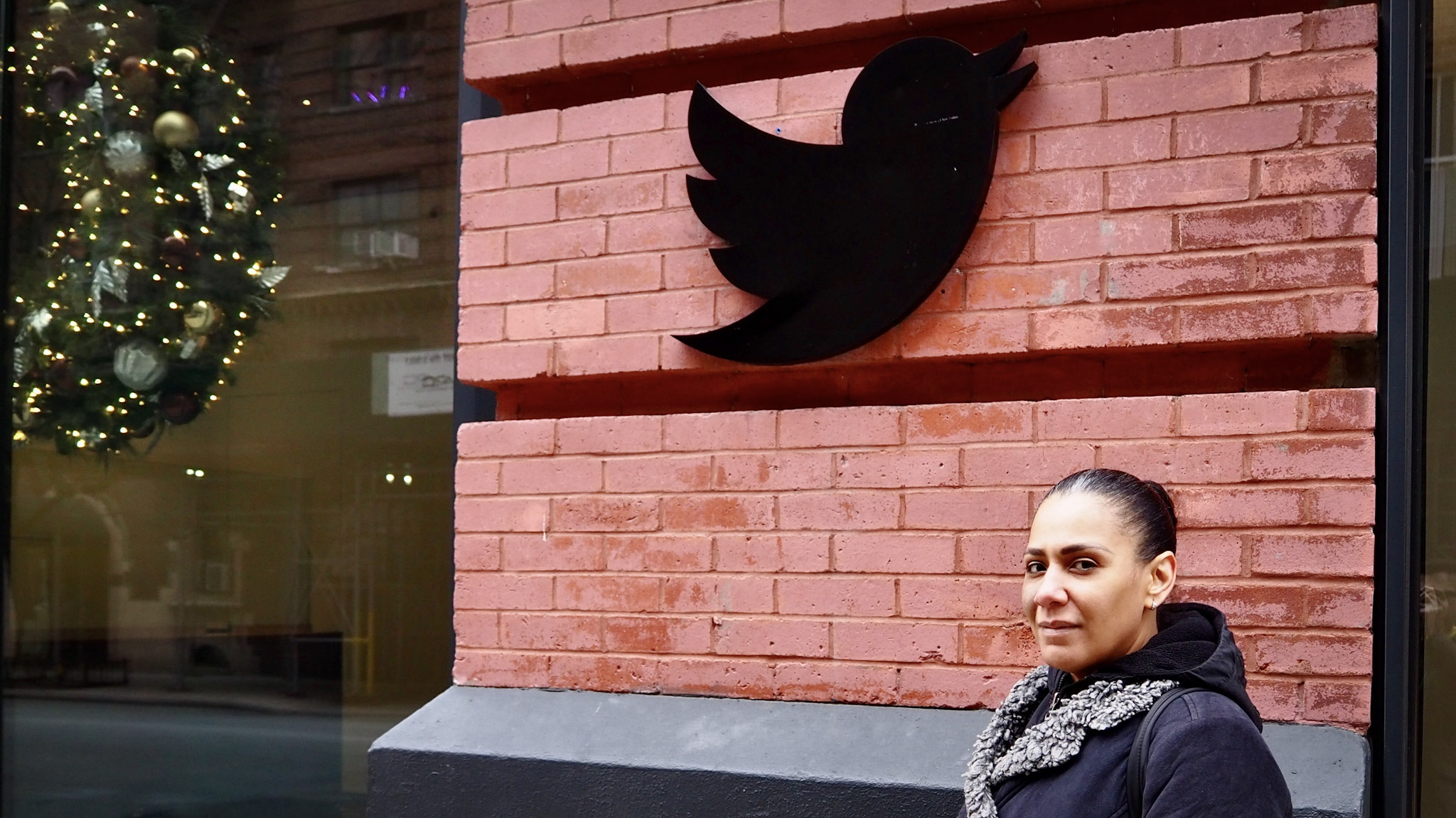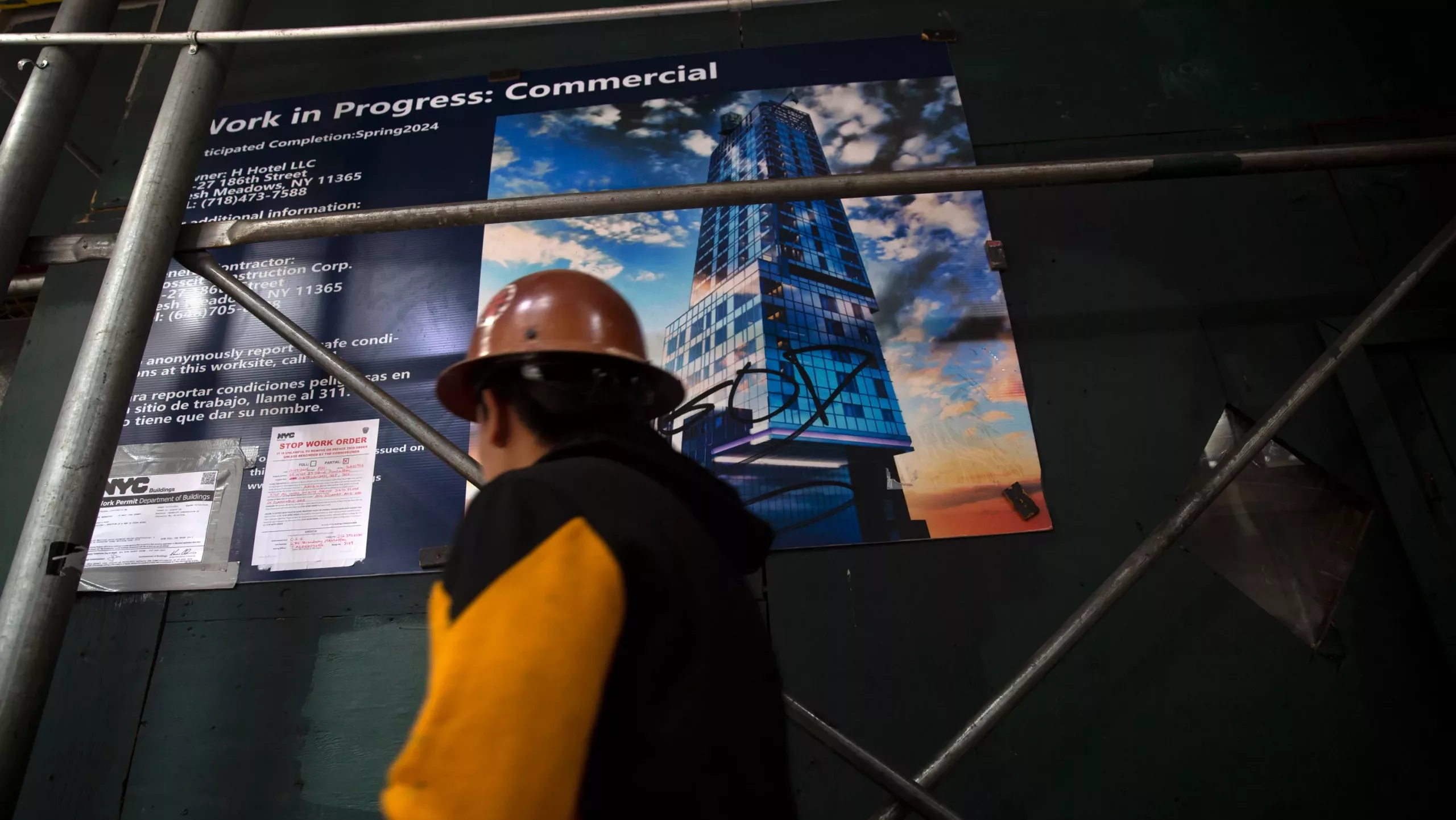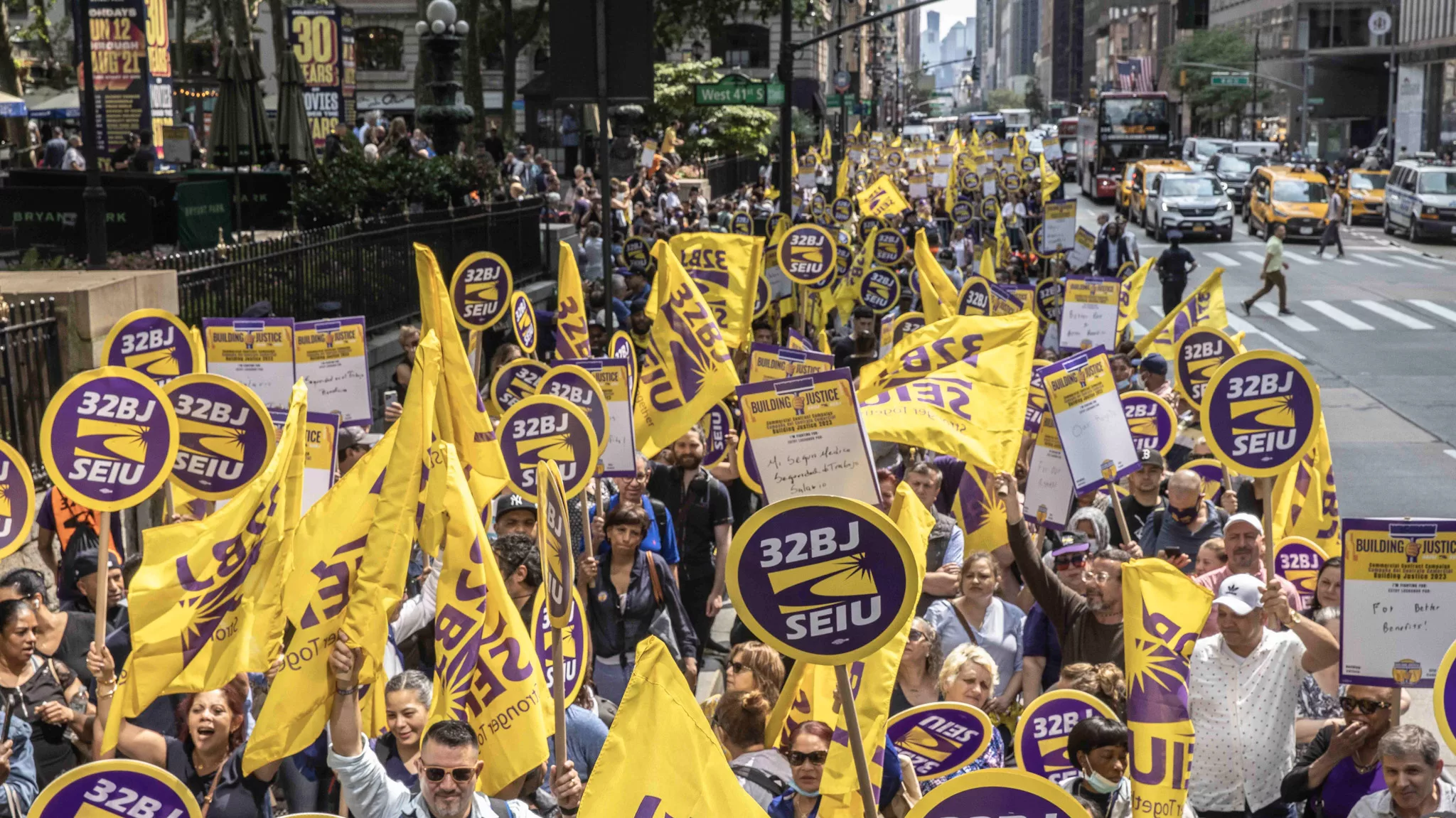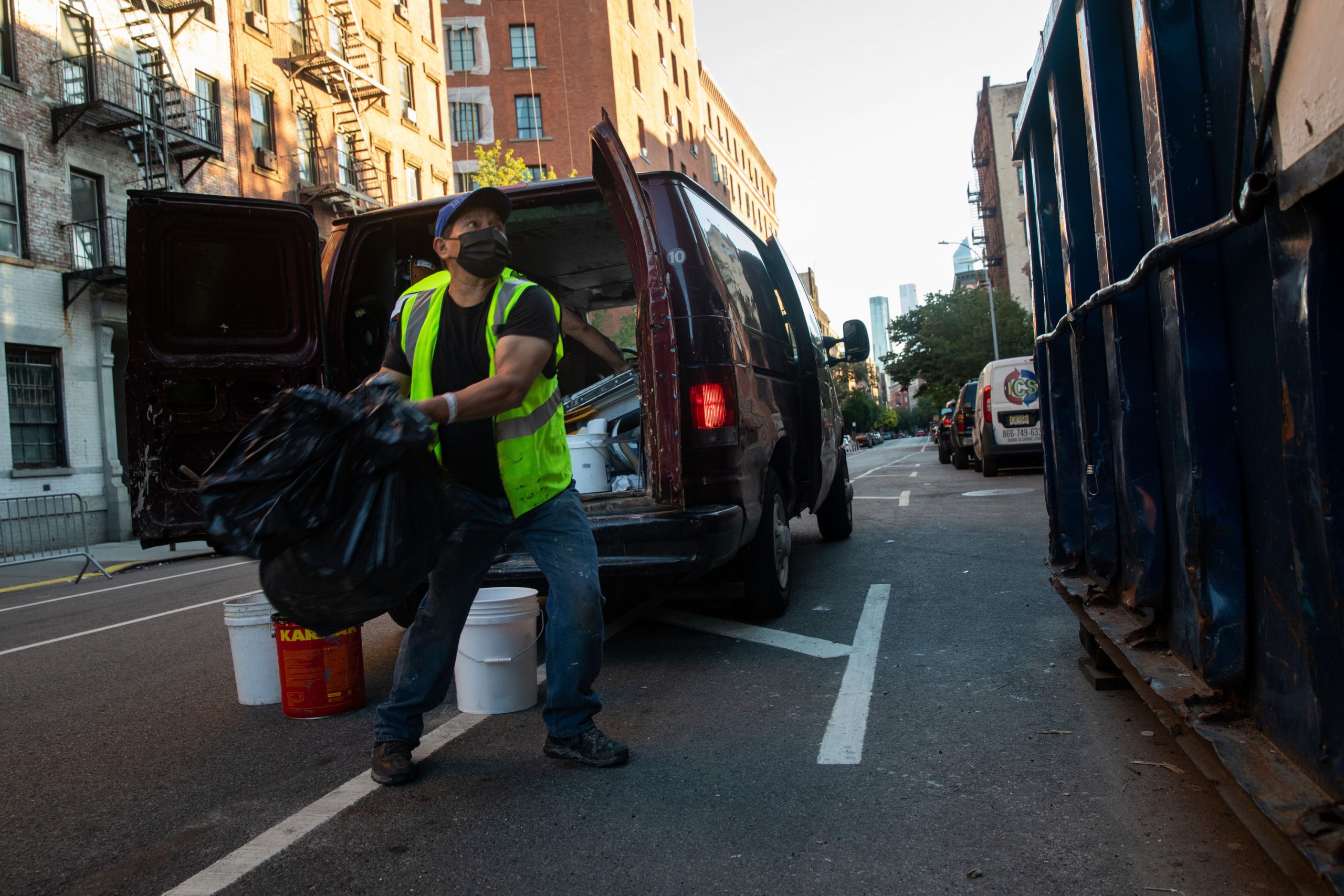Lucy Calderon, 36, had to cancel Christmas dinner this past year because of sudden layoffs at the Twitter Manhattan office just a week before the holidays. Without her $31-an-hour cleaning job, she couldn’t afford to splurge on her annual family feast. Instead, she spent Christmas sleeping in bed.
“It was horrible because my whole family comes to my house,” she said as she struggled to hold back swelling tears. “I’m the one that cooks. I’m my mother’s legacy. I was so depressed and I was going so crazy I didn’t know how I was going to do everything if I don’t get another job.”
On December 19, Calderon and about a dozen of her fellow janitorial workers suddenly learned they had lost their jobs after Flagship Facility Services forwarded them a message that said Twitter was terminating its contract with Flagship without any explanation.
Since Elon Musk’s controversial takeover of Twitter last October, layoffs at the social media network have affected 50 percent of its staff, many of whom were in relatively high-paying tech and corporate positions. Now, layoffs at Twitter have trickled down to the cleaning staff at its New York City headquarters, affecting some of its lowest-paid and most vulnerable workers.
According to SEIU 32BJ, the union representing the workers, the latest round of layoffs may have violated New York’s Displaced Building Service Workers Protection Act. In 2016, the City expanded the powers of the act, which was first passed in 2002, to cover workers who are outsourced by building owners or managers to a third-party contractor.
When one building service contractor takes over another contractor’s work in a building, the service workers already employed at the building must be rehired by the new contractor and can’t be terminated without cause. If building owners violate the act, workers can directly sue the building owners, where they can be awarded reinstatement, back pay, and damages.
Although it’s not entirely clear if Twitter did violate the law, the workers may have grounds to take Twitter to court. SEIU 32BJ is currently assessing all options.
Denis Johnston, SEIU 32BJ executive vice president, said Twitter essentially kicked its cleaning staff out to the curb without severance or acknowledgement of their work.
“Twitter’s decision to cancel the cleaning contract for its NYC office has upended the lives of these dedicated cleaners, many of whom have worked at this location since Twitter moved in seven years ago. NYC’s essential cleaners have done too much for this city to be treated like this,” said Johnston in a statement.
In contrast to its cleaning staff, Twitter’s tech and corporate workers who were laid off were promised at least three months of severance pay. Still, even those workers have claimed that the company has only paid out one-third of the promised severance. And the approximately 625 to 670 Twitter immigrant tech employees who depend on the company to maintain their H-1B status are in an even more precarious situation. Layoffs can mean deportation.
Also Read: The MTA Says Immigrant Subway Cleaners are Not Entitled to Prevailing Wages
When the workers, who are all union members with SEIU 32BJ and are predominantly Latino and Albanian immigrants, discovered they were laid off, they were left devastated. Many like Calderon are not only dependent on the job for a steady income but for health care, too.
Calderon says she and her daughter depend on the healthcare her job provided because they both have chronic asthma. If the workers are not reinstated by the end of the month, they will lose their union health care coverage.
In addition, Calderon says she struggles with high blood pressure and heart palpitations. As a single mother from the Dominican Republic, Calderon has supported her daughter as the family’s sole breadwinner. To keep food on the table and to maintain health coverage, Calderon has worked as a professional cleaner for over a decade, a physically demanding job that has left her with arthritis. Without healthcare, Calderon fears for her family’s well-being.
“I have to change the way I live and what groceries I buy to save money after being laid off,” she said. “My daughter was already helping me pay the bills, and now I’m unemployed. And losing healthcare benefits could be devastating.”
Albanian immigrant Sadete Bana, 53, says she’s worked in the building for nine years. As a union cleaner, she said she was able to earn enough money, along with her husband, to not only raise their two sons but send money back to her elderly mother in Albania. But finding herself suddenly out of work because of layoffs at Twitter, she doesn’t know what she will be able to do.
“I felt very bad,” Bana said. “One day they said they don’t need anybody.”
Neither Twitter nor Flagship Facility Services responded to Documented’s requests for comment.















